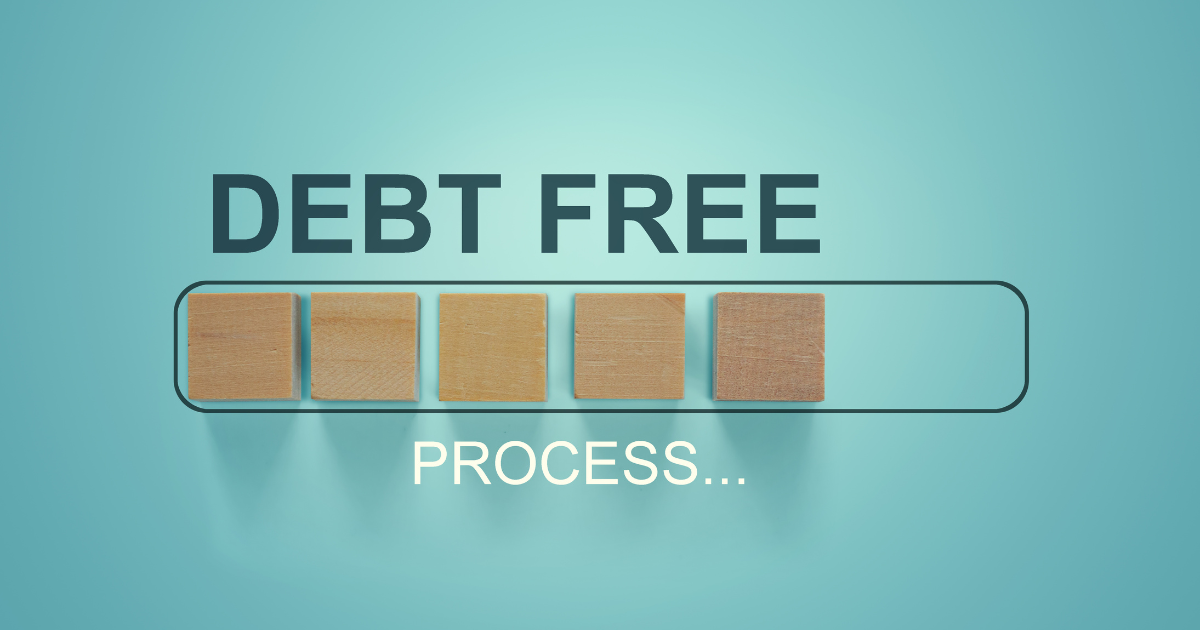Managing debt effectively is crucial for financial stability and peace of mind. In the UK, with various borrowing options available, it’s easy to find oneself managing multiple debt streams, from credit cards to personal loans and mortgages. This guide outlines strategies to help you manage and pay down your debt more efficiently, aiming to reduce stress and improve your financial health.
Understand Your Debt
Start by listing all your debts, including the lender, total amount owed, interest rate, and monthly payment. This comprehensive view will help you understand the scope of your debt and prioritise which debts to pay off first.
Create a Budget
A well-planned budget is your best tool for managing finances. Allocate your income to your needs, wants, savings, and debts. Use any surplus funds to pay down debt faster. If you’re spending more than you earn, look for areas to cut back.
Employ a Debt Repayment Strategy
The Snowball Method
This strategy involves paying off your smallest debts first while making minimum payments on larger debts. Once a small debt is paid off, you apply its payment to the next smallest debt, creating a “snowball” effect as your available funds for debt payments grow.
The Avalanche Method
Contrastingly, the avalanche method focuses on paying off debts with the highest interest rates first while maintaining minimum payments on others. This strategy can save you money on interest payments over time.
Consider Debt Consolidation
Debt consolidation involves taking out a new loan to pay off multiple debts, leaving you with a single monthly payment. This can simplify your payments and potentially reduce your interest rate. However, ensure that the terms of the consolidation loan genuinely offer financial benefit over your current situation.
Negotiate with Creditors
If you’re struggling to make payments, contact your creditors to discuss your situation. Some may offer temporary relief options, such as reduced payments, lower interest rates, or extended payment terms.
Use Windfalls Wisely
Allocate any unexpected windfalls, such as tax refunds, bonuses, or inheritances, towards paying down debt. While it may be tempting to spend this money, using it to reduce debt can significantly accelerate your path to financial freedom.
Avoid Accumulating More Debt
While you’re focused on paying down existing debt, be cautious about taking on new debt. Avoid using credit cards for purchases unless you can pay off the balance in full each month.
Seek Professional Help
If your debt feels unmanageable, consider seeking advice from a professional debt counsellor or advisor. Many organisations in the UK offer free debt advice and can help you develop a plan to manage your debt effectively.
Stay Motivated
Debt repayment can be a long journey, but staying focused on your goals is essential. Celebrate milestones, no matter how small, and keep a positive outlook on your progress.
Conclusion
Effectively managing debt requires a clear understanding of your financial situation, a well-thought-out plan, and discipline to stick to that plan. By employing these strategies, you can take control of your debt, reduce your financial stress, and work towards a more secure financial future. Remember, the path to being debt-free is a marathon, not a sprint, and every step towards reducing your debt counts.

